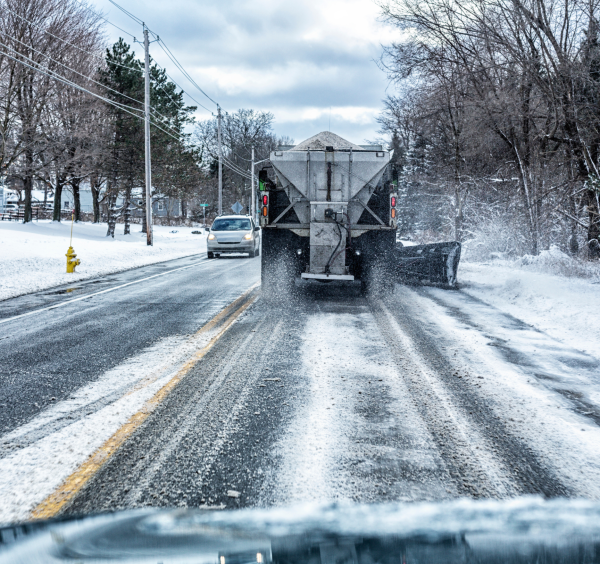Grocery shopping during a pandemic
April 17, 2020
As most of the country remains homebound under social distancing guidelines, trips to the grocery store may be one of the sole reasons you leave your house. However, with the panic surrounding the coronavirus, shopping has become a stressful experience. In order to make grocery shopping effective while staying safe, there are certain precautions you must follow.
First, plan your trip around your store’s policies. Many supermarkets have set aside special hours in the morning for the elderly and immunocompromised members of the community. If you do not qualify for this accommodation, be sure to avoid putting the vulnerable at any further risk.
Although most grocery stores offer disinfectant wipes or hand sanitizer, their supplies may be low. It is a good idea to bring your own wipes for your shopping cart or basket. Furthermore, recent Centers for Disease Control and Prevention guidelines have recommended wearing face masks fashioned from cloth in public settings. If you do not have the necessary materials for a homemade mask, bandanas and scarves are sufficient alternatives.
While at the supermarket, maintain social distancing regulations by keeping at least six feet away from others. A lot of stores have marked the floor at the checkout line to remind shoppers to protect themselves and others. Others have designated traffic to only flow in one direction down an aisle. If one section of a store looks particularly crowded, wait for it to clear out before approaching.
“All the local supermarkets and chain stores near me have used tape to create a grid pattern around the store, especially in areas where crowds develop like the register,” freshman Zenaida Perez said. “I personally feel a lot safer with this system in place because it promotes social distancing without me having to politely ask people to step back.”
Since it is not advisable to go to grocery stores often during a quarantine, it may be tempting to empty the shelves and stock up as much as you can. However, it is important to be considerate of others and avoid hoarding. Many families are currently struggling financially and cannot afford the luxury of clearing the shelves.
Practice smart and efficient shopping by purchasing items that will last awhile. Look for shelf-stable food such as canned vegetables or fruit, soup, cereal, pasta, protein bars, rice or nut butters. If you have available space in your freezer, use it to store deli meat, seafood or bread that can then be enjoyed later.
Once it is time to pay, choose to checkout with a cashier. Although it may be a person-to-person interaction, it is the better option than self-checkout machines that have been touched by numerous people before you. Mobile pay apps are the safest way to purchase your groceries, but if this is not an option, use a credit or debit card. Thousands of microbes can linger on paper money.
Studies have shown that the coronavirus can live on hard surfaces for several days. Risk of infection from jars or plastic containers from the grocery store is very small, but if it makes you feel safer, a quick cleaning of items with disinfectant wipes will not hurt. Fruits and vegetables should be washed with water before consumption, but avoid using soap that is not meant to be ingested.
Grocery shopping may seem like a daunting ordeal during this pandemic, but following reasonable safety measures will help you minimize stress. Do your best to remain healthy while getting enough supplies for yourself and your family, and do not let excessive fear overwhelm you. Lastly, treat employees and fellow shoppers with extra kindness as we get through this difficult time together.













